Исполнитель: Earth, Wind & Fire
Откуда: USA
Альбом: Original Album Classics (5xCD Box Set)
Год выхода: 2008 (recorded in 1975-1979)
Жанр: Funk/Soul
Формат: MP3 CBR 320
Размер архива: 577 МB
Earth, Wind & Fire were one of the most musically accomplished, critically acclaimed, and commercially popular funk bands of the ’70s. Conceived by drummer, bandleader, songwriter, kalimba player, and occasional vocalist Maurice White, EWF’s all-encompassing musical vision used funk as its foundation, but also incorporated jazz, smooth soul, gospel, pop, rock & roll, psychedelia, blues, folk, African music, and, later on, disco. Lead singer Philip Bailey gave EWF an extra dimension with his talent for crooning sentimental ballads in addition to funk workouts; behind him, the band could harmonize like a smooth Motown group, work a simmering groove like the J.B.’s, or improvise like a jazz fusion outfit. Plus, their stage shows were often just as elaborate and dynamic as George Clinton’s P-Funk empire. More than just versatility for its own sake, EWF’s eclecticism was part of a broader concept informed by a cosmic, mystical spirituality and an uplifting positivity the likes of which hadn’t been seen since the early days of Sly & the Family Stone. Tying it all together was the accomplished songwriting of Maurice White, whose intricate, unpredictable arrangements and firm grasp of hooks and structure made EWF one of the tightest bands in funk when they wanted to be. Not everything they tried worked, but at their best, Earth, Wind & Fire seemingly took all that came before them and wrapped it up into one dizzying, spectacular package.
White founded Earth, Wind & Fire in Chicago in 1969. He had previously honed his chops as a session drummer for Chess Records, where he played on songs by the likes of Fontella Bass, Billy Stewart, and Etta James, among others. In 1967, he’d replaced Redd Holt in the popular jazz group the Ramsey Lewis Trio, where he was introduced to the kalimba, an African thumb piano he would use extensively in future projects. In 1969, he left Lewis’ group to form a songwriting partnership with keyboardist Don Whitehead and singer Wade Flemons. This quickly evolved into a band dubbed the Salty Peppers, which signed with Capitol and scored a regional hit with «La La Time.» When a follow-up flopped, White decided to move to Los Angeles, and took most of the band with him; he also renamed them Earth, Wind & Fire, after the three elements in his astrological charts. By the time White convinced his brother, bassist Verdine White, to join him on the West Coast in 1970, the lineup consisted of Whitehead, Flemons, female singer Sherry Scott, guitarist Michael Beal, tenor saxophonist Chet Washington, trombonist Alex Thomas, and percussionist Yackov Ben Israel. This aggregate signed a new deal with Warner Bros. and issued its self-titled debut album in late 1970. Many critics found it intriguing and ambitious, much like its 1971 follow-up, The Need of Love, but neither attracted much commercial attention despite a growing following on college campuses and a high-profile gig performing the soundtrack to Melvin Van Peebles’ groundbreaking black independent film Sweet Sweetback’s Baadasssss Song.
Dissatisfied with the results, White dismantled the first version of EWF in 1972, retaining only brother Verdine. He built a new lineup with female vocalist Jessica Cleaves, flute/sax player Ronnie Laws, guitarist Roland Bautista, keyboardist Larry Dunn, and percussionist Ralph Johnson; the most important new addition, however, was singer Philip Bailey, recruited from a Denver R&B band called Friends & Love. After seeing the group open for John Sebastian in New York, Clive Davis signed them to CBS, where they debuted in 1972 with Last Days and Time. Further personnel changes ensued; Laws and Bautista were gone by year’s end, replaced by reedman Andrew Woolfolk and guitarists Al McKay and Johnny Graham. It was then that EWF truly began to hit their stride. 1973’s Head to the Sky (Cleaves’ last album with the group) significantly broadened their cult following, and the 1974 follow-up, Open Our Eyes, was their first genuine hit. It marked their first collaboration with producer, arranger, and sometime-songwriting collaborator Charles Stepney, who helped streamline their sound for wider acceptance; it also featured another White brother, Fred, brought in as a second drummer. The single «Mighty Mighty» became EWF’s first Top Ten hit on the R&B charts, although pop radio shied away from its black-pride subtext, and the minor hit «Kalimba Story» brought Maurice White’s infatuation with African sounds to the airwaves. Open Our Eyes went gold, setting the stage for the band’s blockbuster breakthrough.
In 1975, EWF completed work on another movie soundtrack, this time to a music-biz drama called That’s the Way of the World. Not optimistic about the film’s commercial prospects, the group rushed out their soundtrack album of the same name (unlike Sweet Sweetback, they composed all the music themselves) in advance. The film flopped, but the album took off; its lead single, the love-and-encouragement anthem «Shining Star,» shot to the top of both the R&B and pop charts, making Earth, Wind & Fire mainstream stars; it later won a Grammy for Best R&B Vocal Performance by a Group. The album also hit number one on both the pop and R&B charts, and went double platinum; its title track went Top Five on the R&B side, and it also contained Bailey’s signature ballad in the album cut «Reasons.» White used the new income to develop EWF’s live show into a lavish, effects-filled extravaganza, which eventually grew to include stunts designed by magician Doug Henning. The band was also augmented by a regular horn section, the Phoenix Horns, headed by saxophonist Don Myrick. Their emerging concert experience was chronicled later that year on the double-LP set Gratitude, which became their second straight number one album and featured one side of new studio tracks. Of those, «Sing a Song» reached the pop Top Ten and the R&B Top Five, and the ballad «Can’t Hide Love» and the title track were also successful.
Sadly, during the 1976 sessions for EWF’s next studio album, Spirit, Charles Stepney died suddenly of a heart attack. Maurice White took over the arranging chores, but the Stepney-produced «Getaway» managed to top the R&B charts posthumously. Spirit naturally performed well on the charts, topping out at number two. In the meantime, White was taking a hand in producing other acts; in addition to working with his old boss Ramsey Lewis, he helped kickstart the careers of the Emotions and Deniece Williams. 1977’s All n’ All was another strong effort that charted at number three and spawned the R&B smashes «Fantasy» and the chart-topping «Serpentine Fire»; meanwhile, the Emotions topped the pop charts with the White-helmed smash «Best of My Love.» The following year, White founded his own label, ARC, and EWF appeared in the mostly disastrous film version of Sgt. Pepper’s Lonely Hearts Club Band, turning in a fine cover of the Beatles’ «Got to Get You Into My Life» that became their first Top Ten pop hit since «Sing a Song.» Released before year’s end, The Best of Earth, Wind & Fire, Vol. 1 produced another Top Ten hit (and R&B number one) in the newly recorded «September.»
1979’s I Am contained EWF’s most explicit nod to disco, a smash collaboration with the Emotions called «Boogie Wonderland» that climbed into the Top Ten. The ballad «After the Love Has Gone» did even better, falling one spot short of the top. Although I Am became EWF’s sixth straight multi-platinum album, there were signs that the group’s explosion of creativity over the past few years was beginning to wane. 1980’s Faces broke that string, after which guitarist McKay departed. While 1981’s Raise brought them a Top Five hit and R&B chart-topper in «Let’s Groove,» an overall decline in consistency was becoming apparent. By the time EWF issued its next album, 1983’s Powerlight, ARC had folded, and the Phoenix Horns had been cut loose to save money. After the lackluster Electric Universe appeared at the end of the year, White disbanded the group to simply take a break. In the meantime, Verdine White became a producer and video director, while Philip Bailey embarked on a solo career and scored a pop smash with the Phil Collins duet «Easy Lover.» Collins also made frequent use of the Phoenix Horns on his ’80s records, both solo and with Genesis.
Bailey reunited with the White brothers, plus Andrew Woolfolk, Ralph Johnson, and new guitarist Sheldon Reynolds, in 1987 for the album Touch the World. It was surprisingly successful, producing two R&B smashes in «Thinking of You» and the number one «System of Survival.» Released in 1990, Heritage was a forced attempt to contemporize the group’s sound, with guest appearances from Sly Stone and MC Hammer; its failure led to the end of the group’s relationship with Columbia. They returned on Reprise with the more traditional-sounding Millennium in 1993, but were dropped when the record failed to recapture their commercial standing despite a Grammy nomination for «Sunday Morning»; tragedy struck that year when onetime horn leader Don Myrick was murdered in Los Angeles. Bailey and the White brothers returned once again in 1997 on the small Pyramid label with In the Name of Love.
After 2003’s The Promise, a mix of new material and fresh looks at classics, the group realigned with several top-shelf adult contemporary artists and released 2005’s Illumination, which featured a collaboration with smooth jazz juggernaut Kenny G. The album was Grammy-nominated in the category of Best R&B Album. Earth, Wind & Fire continued to tour and made a show-opening appearance on American Idol’s Idol Gives Back show in 2007. Three years later, Maurice and Verdine White, Bailey, Dunn, and McKay were inducted into the Songwriters Hall of Fame. The band released Now, Then & Forever, their first album in five years, in 2013. Three years later, on February 3, 2016, Maurice White died from the effects of Parkinson’s disease at his home in Los Angeles; he was 74 years old.
Tracks:
01. Shining Star — 2:51
02. That’s The Way Of The World — 5:48
03. Happy Feelin’ — 3:37
04. All About Love — 6:38
05. Yearnin’, Learnin’ — 3:41
06. Reasons — 5:01
07. Africano — 5:12
08. See The Light — 6:21
Personnel:
Maurice White — vocals, drums, kalimba, producer
Verdine White — vocals, bass, percussion
Philip Bailey — vocals, congas, percussion
Larry Dunn — piano, organ, Moog synthesizer
Al McKay — guitar, percussion
Ralph Johnson — drums, percussion
Johnny Graham — guitars
Andrew Woolfolk — flute, soprano & tenor saxophones
Fred White — drums, percussion
+
Charles Stepney — co-producer
Tracks:
01. Introduction By Perry Jones (Live) — 0:21
02. Africano / Power (Live) — 5:56
03. Yearnin’ Learnin’ (Live) — 4:16
04. Devotion (Live) — 5:07
05. Sun Goddess (Live) — 7:41
06. Reasons (Live) — 8:23
07. Sing A Message To You (Live) — 1:19
08. Shining Star (Live) — 4:55
09. New World Symphony (Live) — 9:28
10. Interlude #1 (Live) — 0:15
11. Sunshine (Live) — 4:16
12. Sing A Song (Album Version) — 3:23
13. Gratitude (Live) — 3:27
14. Celebrate (Live) — 3:06
15. Interlude #2 (Live) — 0:27
16. Can’t Hide Love (Album Version) — 4:10
17. Serpentine Fire / Saturday Night / Can’t Hide Love / Reasons (Live) — 6:13
Personnel:
Maurice White — vocals, drums, kalimba, timbales, producer
Verdine White — vocals, bass, percussion
Philip Bailey — vocals, congas, percussion
Larry Dunn — piano, organ, Moog synthesizer
Al McKay — guitar, percussion
Ralph Johnson — drums, percussion
Johnny Graham — guitars
Don Myrick — saxophone
Andrew Woolfolk — saxophone, percussion
Louis Satterfield — trombone
Michael Harris — trumpet
Fred White — drums, percussion
+
Charles Stepney — co-producer
Tracks:
01. Getaway — 3:47
02. On Your Face — 4:33
03. Imagination — 5:15
04. Spirit — 3:12
05. Saturday Nite — 4:02
06. Earth, Wind & Fire — 4:40
07. Departure — 0:27
08. Biyo — 3:37
09. Burnin’ Bush — 6:46
Bonuses:
10. Saturday Nite — 4:55
11. Seraphim — 2:06
12. Imagination — 1:02
13. Departure (The Traveler) — 3:37
14. African Symphony — 1:52
Personnel:
Maurice White — vocals, drums, kalimba, timbales, producer
Verdine White — vocals, bass, percussion
Philip Bailey — vocals, congas, percussion
Larry Dunn — piano, organ, Moog synthesizer
Al McKay — guitar, percussion
Ralph Johnson — drums, percussion
Johnny Graham — guitar
Dorothy Ashby — harp
Harvey Mason — percussion
Jerry Peters — piano
Don Myrick — saxophone
Andrew Woolfolk — saxophone, percussion
Charles Loper, George Bohanon, Louis Satterfield — trombone
Lew McCreary — bass trombone
Chuck Findley, Michael Harris, Oscar Brashear, Steve Madaio — trumpet
Tommy Johnson — tuba
Dennis Karmazyn, Harry Shlutz, Marie Fera, Ronald Cooper — cello
Art Maebe, David Duke, Marilyn Robinson, Sidney Muldrow — French horn
Barbara Thomason, David Campbell, Denyse Buffum, James Dunham, Linn Subotnick, Marilyn Baker, Paul Polivnick, Rollice Dale — viola
Assa Drori, Carl LaMagna, Haim Shtrum, Harris Goldman, Joy Lyle, Kenneth Yerke, Sandy Seemore, Winterton Garvey — violin
Fred White — drums, percussion
+
Charles Stepney — producer
Tracks:
01. Serpentine Fire — 3:50
02. Fantasy — 4:37
03. In The Marketplace (Interlude) — 0:43
04. Jupiter — 3:11
05. Love’s Holiday — 4:22
06. Brazilian Rhyme (Interlude) — 1:20
07. I’ll Write A Song For You — 5:23
08. Magic Mind — 3:38
09. Runnin’ — 5:50
10. Brazilian Rhyme (Interlude) — 0:53
11. Be Ever Wonderful — 5:06
Personnel:
Maurice White — vocals, kalimba, drums, timbales, producer
Verdine White — vocals, bass, percussion
Philip Bailey — vocals, congas, percussion
Larry Dunn — piano, organ, Moog synthesizer
Ralph Johnson — drums, percussion
Al McKay — guitars, percussion
Johnny Graham — guitars
Andrew Woolfolk — tenor saxophone
Fred White — drums, percussion
Meyer Rubin, Susan Ranney — acoustic bass
Donald Myrick — alto-, tenor & baritone saxophones
Daniel W. Smith, Jan Kelly, Ronald Cooper — cello
Abe Most, Fred Jackson, Jr., Philip Ayling, Terry Harrington — flute
Alan Robinson, David Duke, Gale Robinson, James McGee, Marilyn Robinson, Richard Gus Klein — French horn
Dorothy Ashby — harp
Paulinho Da Costa — percussion
Garnett Brown, George Bohannon, Louis Satterfield — trombone
Chuck Findley, Michael Harris, Oscar Brashear, Steve Madaio — trumpet
Roger Bobo — tuba
Eddie Del Barrio, Skip Scarborough — piano
Barbara Thomason, Linda Lipsett, Norman Forrest, Renita Koven — viola
Barry Socher, Betty La Magna, Blanche Belnick, Carl La Magna, David Stockhammer, Haim Shtrum, Harris Goldman, Jack Gootkin, Lya Stern, Marcia Van Dyke, Mary D. Lindquist, Ronald Clark, Ruth Henry, Sheldon Sanov — violin
Tracks:
01. In The Stone — 4:48
02. Can’t Let Go — 3:28
03. After The Love Has Gone — 4:38
04. Let Your Feelings Show — 5:12
05. Boogie Wonderland — 4:48
06. Star — 4:23
07. Wait — 3:39
08. Rock That — 3:07
09. You And I — 3:34
Bonuses:
10. Diana — 4:08
11. Dirty (Interlude) (Feat. Junior Wells) — 0:52
12. Dirty (Junior’s Juke) — 3:44
Personnel:
Maurice White — vocals, kalimba, drums
Verdine White — bass
Philip Bailey — vocals, congas, percussion
Larry Dunn — piano, Moog synthesizer
Ralph Johnson — percussion
Al McKay — guitar
Johnny Graham — guitar
Andrew Woolfolk — tenor saxophone
Fred White — drums
Marlo Henderson, Steven Lukather — guitar
Dorothy Jeanne Ashby — harp
Don Myrick — alto-, tenor & baritone saxophones
Daniel Smith, Delores Bing, Jacqueline Lustgarten, Jan Kelley, John Walz, Kevan Torfeh, Larry Corbett, Miguel Martinez — cello
Barbara Korn, Marilyn Robinson, Richard Perissi, Sidney Muldrow — French horn
Billy Myers, David Foster, Eddie Del Barrio — keyboards
Paulinho Da Costa — percussion
Steven Porcaro — synthesizer programming
Fred Jackson Jr., Herman Riley, Jerome Richardson — saxophone
Richard Lepore — timpani
Benjamin Powell, William Reichenbach, Garnett Brown, George Bohanon, Louis Satterfield, Maurice Spears — trombone
Bobby Bryant, Jerry Hey, Michael Harris, Oscar Brashear, Rahmlee Michael Davis, Steve Madaio — trumpet
James Ross, Laurie Woods, Linda Lipsett, Marilyn Baker, Rollice Dale, Virginia Majewski — viola
Anton Sen, Sherman Bryana, Carl LaMagna, Cynthia Kovaks, Gina Kronstadt, Haim Shtrum, Harris Goldman, Henry Ferber, Henry Roth, Ilkka Talvi, Jack Gootkin, Jerome Reisler, Jerome Webster, Joseph Goodman, Joseph Livoti, Judith Talvi, Leeana Sherman, Marcy Dicterow, Pamela Gates, Pavel Farkas, Ronald Clarck, Rosmen Torfeh, Sheldon Sanov, William Henderson — violin
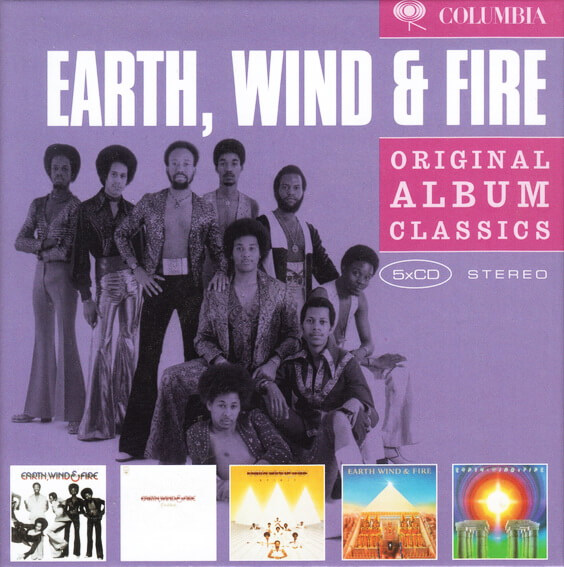
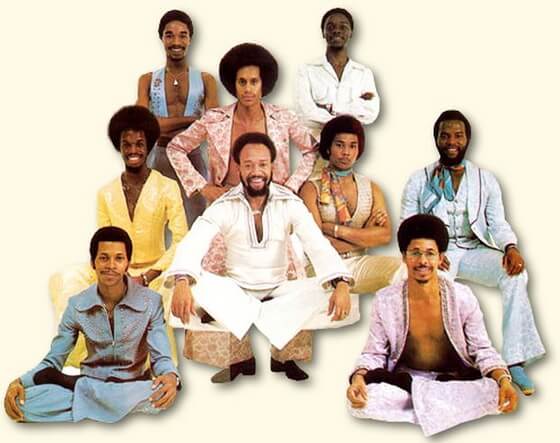
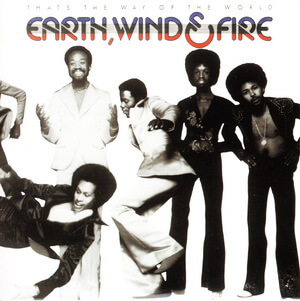
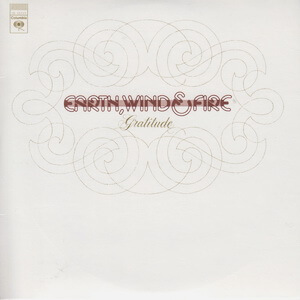
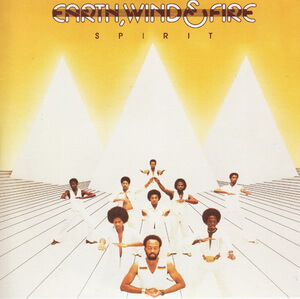
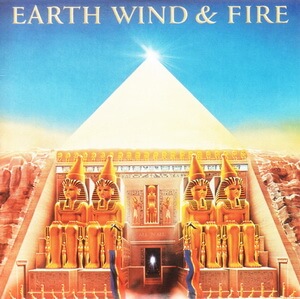
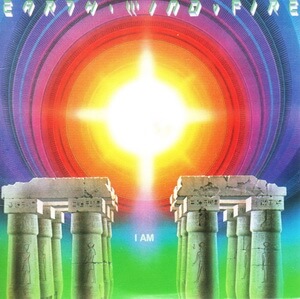
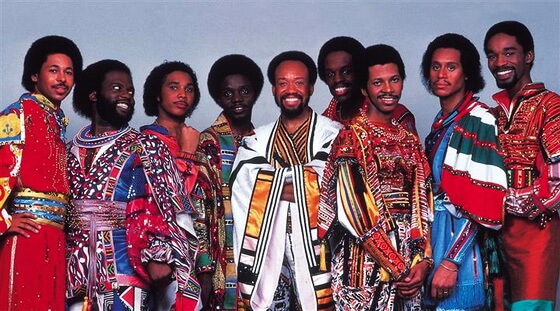
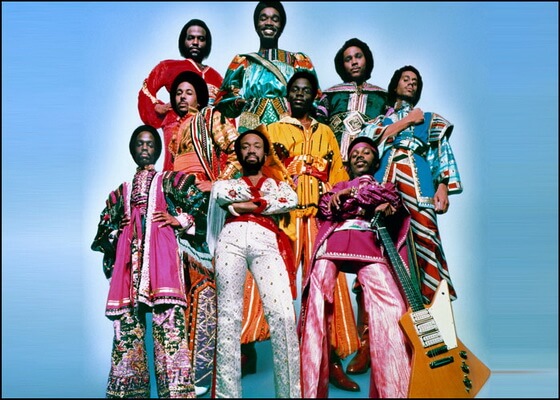
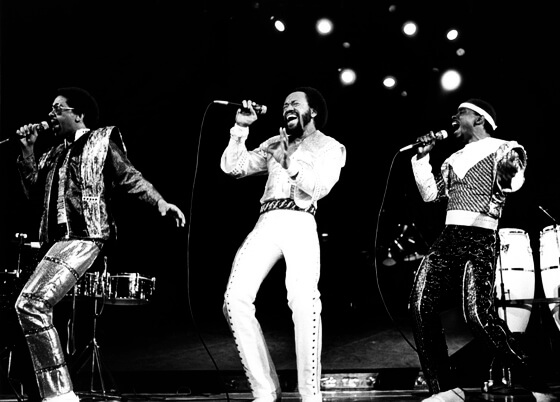
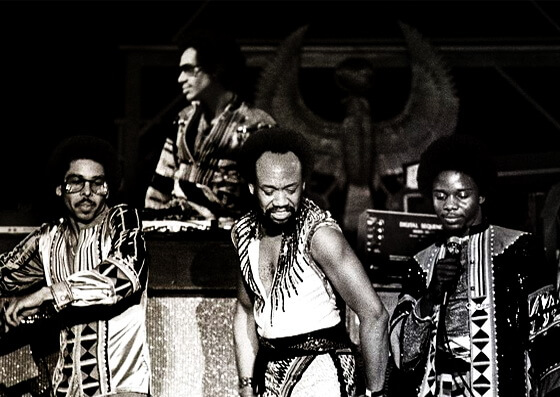
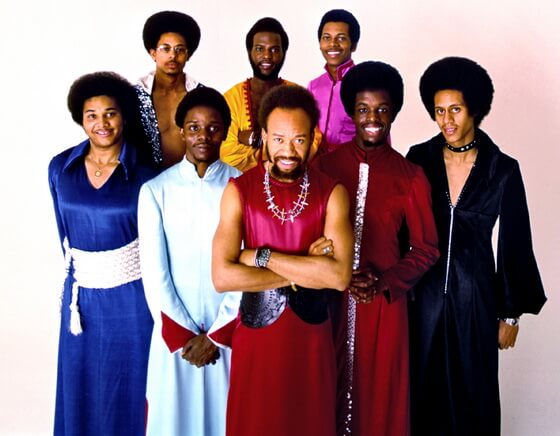
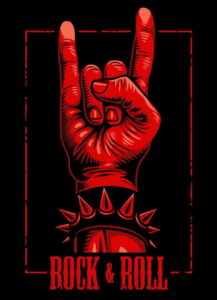


Muito obrigado Jesus Abençoe !!!